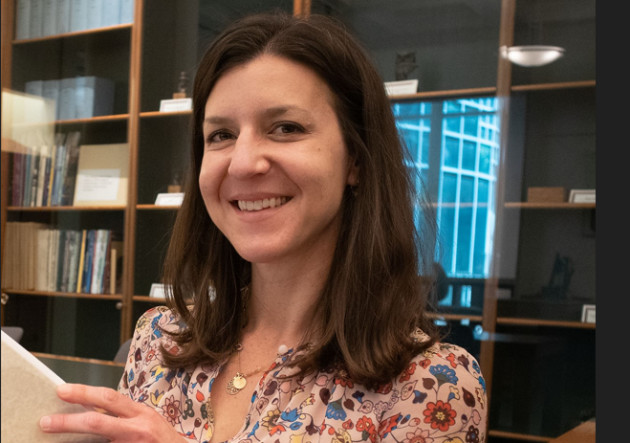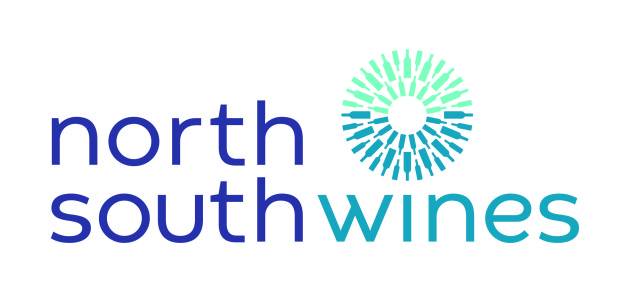
Friday read: Q&A with UC Davis Library’s Audrey Russek, new custodian of Harpers archive
As the Harpers archive heads for California, Andrew Catchpole speaks to UC Davis Library’s food and wine archivist Audrey Russek about its importance as a resource for research and the timeline for digitizing the collection
What will happen to the archive in terms of storage and digitization after it arrives at UC Davis?
Once the collection arrives at UC Davis, the condition of each bound volume will be assessed by the library’s Preservation and Conservation Specialist to ensure that any necessary repairs are identified. We want to ensure that the collection is well maintained for the future. Following this work, we will initiate high-resolution scanning of each volume; this work should be complete within a year, with the goal of digitizing the entire collection by 2025.
What is the importance of the Harpers archive and the need to preserve this?
Harpers Wine & Spirits has been one of the most authoritative sources of information about the wine and spirits industry for over 125 years. This position as one of the longest-running publications in the world dedicated to wine and spirits means that the collection retains invaluable information on beverage history including information on pricing and distribution, trends in consumer preferences, and innovations that impacted global trade. To secure this history and make the information usable for future generations, it is imperative to preserve the collection and make it available for research. The UC Davis Library provides students and researchers with resources that range from the science of grape growing and wine chemistry to the culture of wine throughout history and the commercial aspects of wine marketing, distribution, and consumption. The Harpers collection will be a cornerstone of this research material.
Who will this be accessible to and how will it be possible to access the archive?
UC Davis was founded as a land-grant university in the United States, which means that the university’s guiding principle is to support instruction in agricultural science and industry as well as attainable education for all California residents. Modern interpretations of this land-grant legacy ensure that UC Davis is dedicated to providing equitable access to education. As part of this commitment to public scholarship and community engagement, the UC Davis Library’s resources in Archives and Special Collections are available for students, faculty, staff, and the public to use. To review the original bound volumes, researchers will need to visit the library in Davis, California. However, once the collection is digitized, researchers from around the world will be able to read the archived publications online.
Could you describe the breadth and reach of the UC Davis Library?
UC Davis is an unparalleled, top-tier research library with world-class collections on wine and food. The mission of the UC Davis Library is to advance the UC Davis community’s success and impact through knowledge stewardship by supporting research, teaching, and learning in every discipline taught on campus. The library is the academic heart of the university and is ranked among the top academic research libraries in North America. The library hosts 1.7m visits annually and holds more than 10m items in its collections.
For nearly a century, the UC Davis Library has supported excellence in viticulture and oenology teaching and research by providing critical wine-related resources to students, faculty and researchers, catalysing learning and discovery at UC Davis and worldwide. Over that time, the library has built what world-renowned wine writer Hugh Johnson has called “the greatest wine library in the world”, with 32,000 books in 50 languages and extensive special collections with materials in every medium, from rare books and manuscripts to wine labels, photographs, newsletters, pamphlets, and journals. Our Food and Wine collections, including Hugh Johnson’s, further the university’s reputation as the leading academic research institution in agriculture, food science and culture, and viticulture and oenology.
Today the library is making materials from its extensive collections more easily discoverable online, extracting data from documents, and building a larger ecosystem of wine-related materials in all formats to help others understand the rich mosaic of people, places, and innovations that make wine one of the premier agricultural endeavours in the world.





